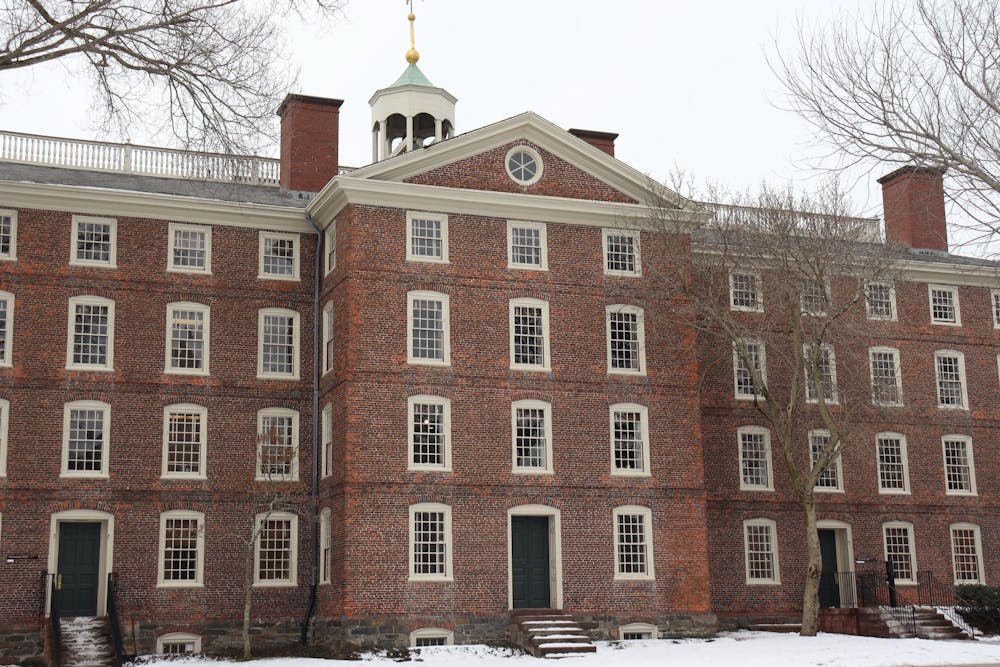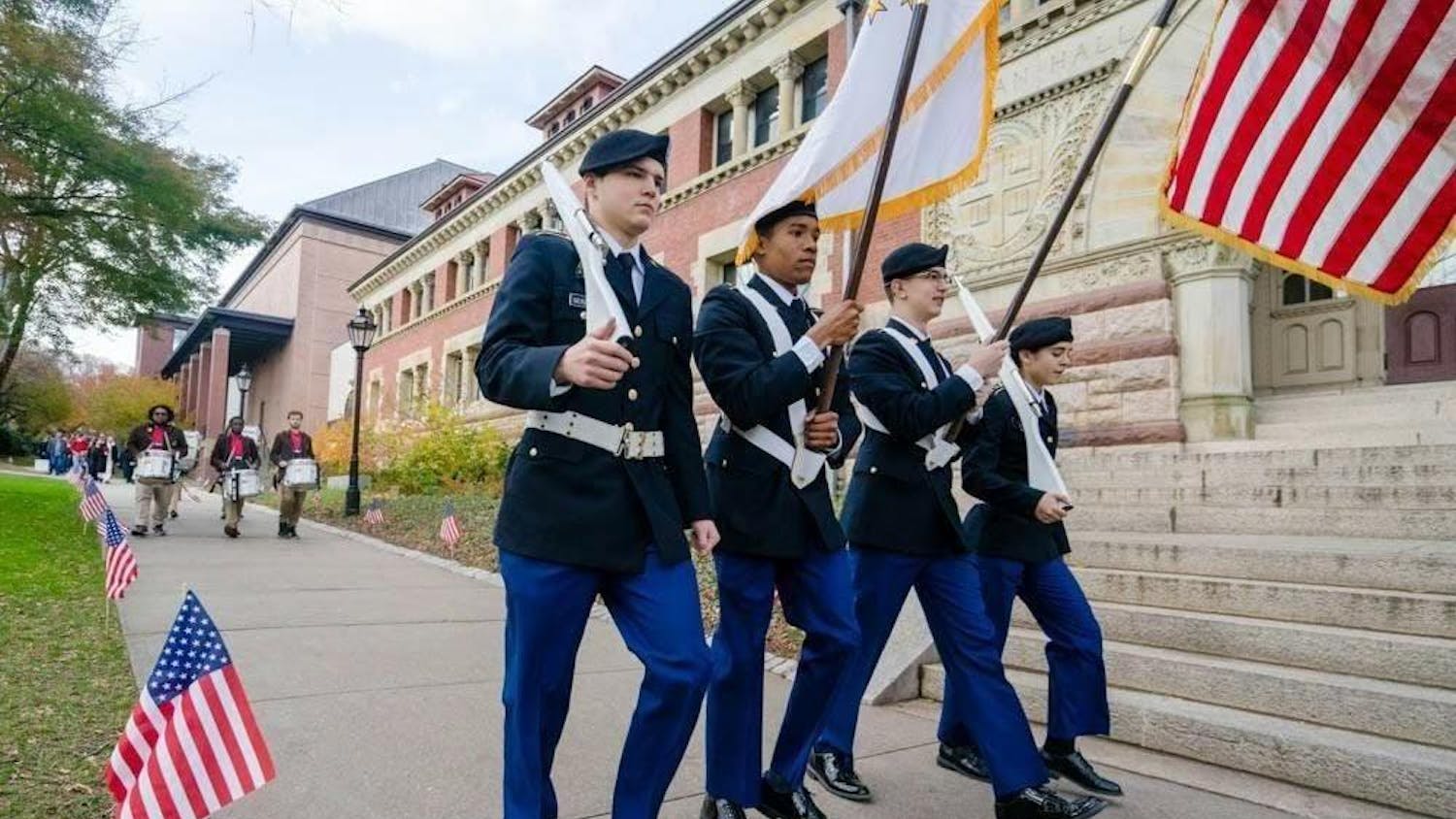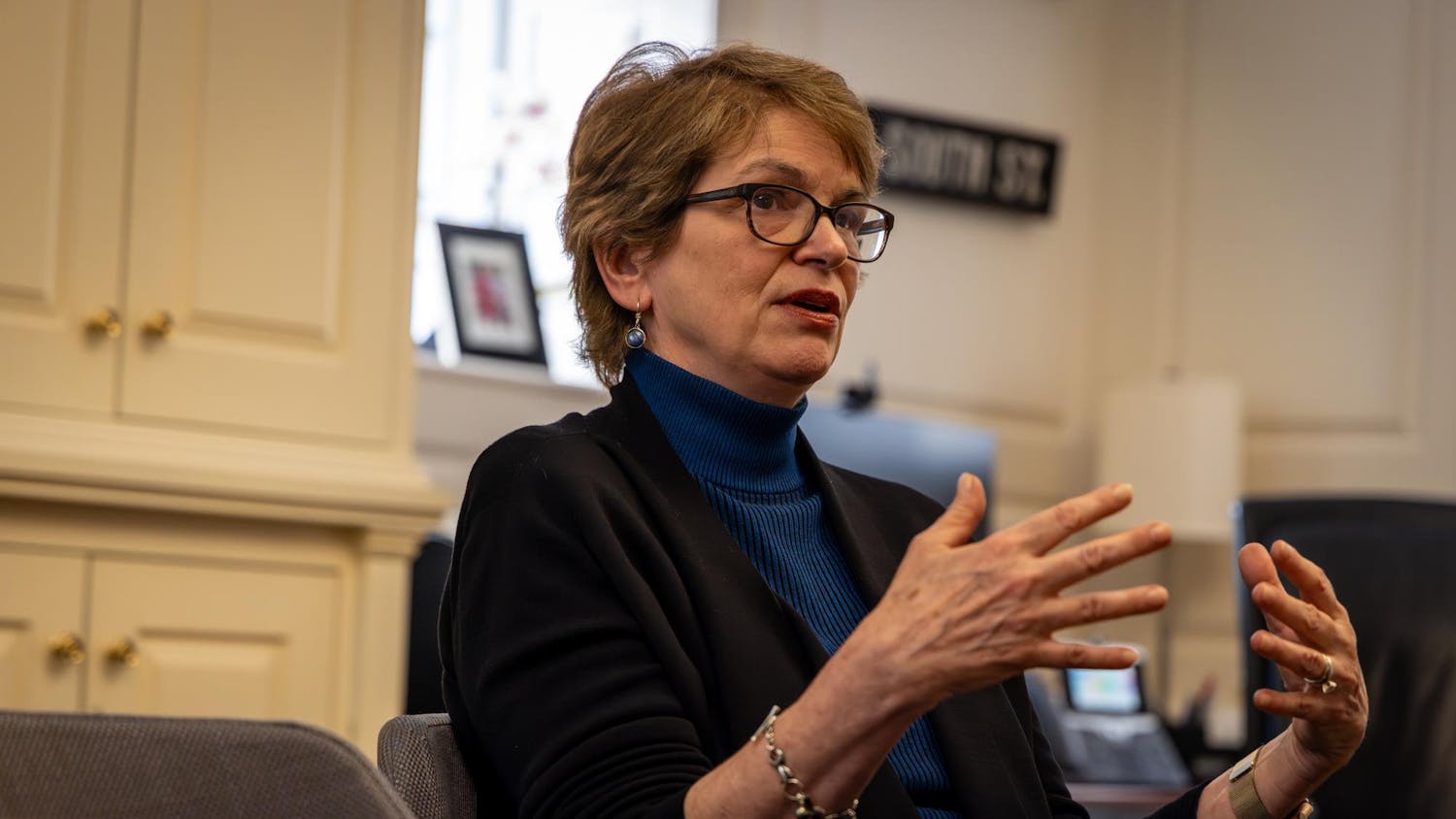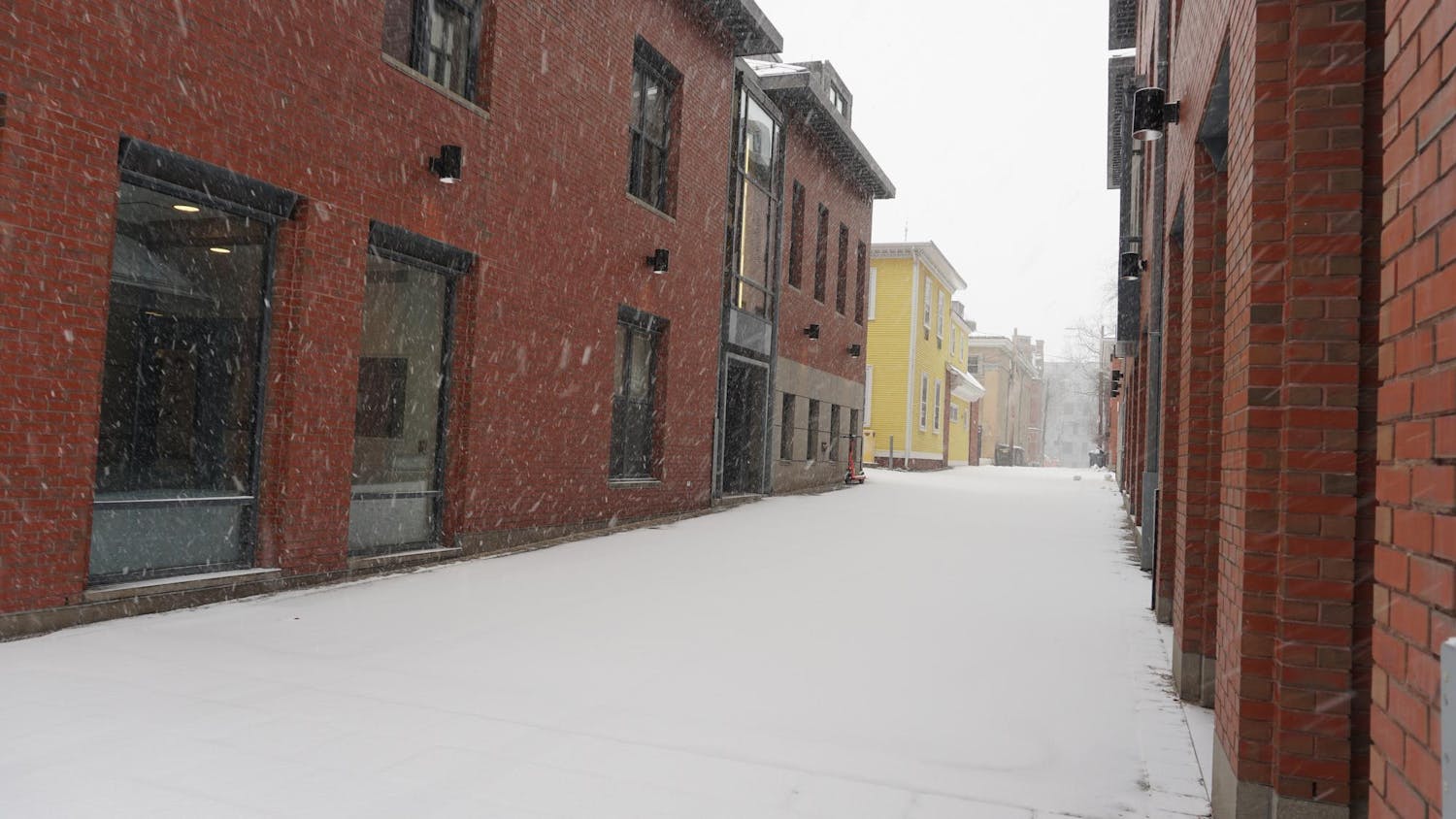Brown University has agreed to pay $19.5 million to settle an antitrust admissions lawsuit filed against the University and 16 other co-defendants, according to a Jan. 23 press release.
The class action lawsuit, filed in January 2022, alleges Brown colluded with institutions in the 568 Presidents Group — a consortium of colleges with need-blind admission policies — to set financial aid calculation methodologies that “artificially inflated net prices of attendance.”
The plaintiffs claim these colleges did not practice need-blind admission as it was intended under federal law.
Section 568 of the Improving America’s Schools Act of 1994 allows schools who make admission decisions “without regard to the financial circumstances of the student involved or the student’s family” to collaborate on financial aid calculations.
But the lawsuit filed against the University stated that members of the 568 Presidents Group gave preference to applicants who were children of donors. As such, they claim these institutions were not need-blind as the Act defined and are not permitted to collaborate on these calculations.
Brown was a member of the Group from 2003 to 2012, a decade before it disbanded in Nov. 2022.
Previous Herald reporting also found evidence that Brown’s need-blind admission policies may allow admission officers to give preference to applicants from low-income households.
When the lawsuit was filed, University Spokesperson Brian Clark told The Herald that the filing “has no merit” and affirmed that “Brown is prepared to mount a strong effort to make this clear.”
In the statement released on Tuesday, the University also made clear they believe there is no merit to the case.
“Given the time and financial resources required to take this case to trial, we determined that our resources are better spent resolving this matter and supporting the education of our students,” Clark wrote.
“At all times before, during and after its participation, Brown made financial aid decisions independently guided by its own institutional methodologies,” the statement added.
Brown’s settlement follows earlier settlements by the University of Chicago, Emory University, Rice University and Vanderbilt University, according to court and financial documents reviewed by The Herald.
Columbia, Duke and Yale also agreed to settle, according to court filings Tuesday reported on by the New York Times.
As additional schools agreed to settle, the pressure mounted for Brown to do the same.
“In general, the defendants who settle the earliest get the most favorable settlement terms from the plaintiffs,” wrote Spencer Weber Waller, director of the Loyola Institute for Consumer Antitrust Studies, in an email to The Herald. “Defendants who agree to cooperate with the plaintiffs in providing evidence and access to documents/witnesses to help the plaintiffs going forward may also get more favorable settlement terms.”
The $19.5 million settlement contrasts both UChicago’s $13.2 million settlement in April 2023 and Rice’s settlement for $33.7 million in October, which are record lows and highs in the case so far.
“Brown’s settlement agreement does not include any obligation to provide information about other defendants,” Clark wrote in an email to The Herald. “The settlement agreement expressly limits Brown’s discovery obligations going forward, and Brown will continue to adhere to the court’s orders regarding discovery.”
If any of these universities continue to trial, they risk “having their admissions policies exposed,” said Harry First, professor emeritus of law at New York University in an interview with The Herald. “They have probably had enough bad publicity by now.”
Such an occurrence is not uncommon: Details of Harvard’s admission policies were made public in the recent Supreme Court case that outlawed affirmative action. Much of the evidence demonstrated a preference for applicants with connections to high-dollar donors.
Brown faced a similar lawsuit in the 1990s in which the U.S. government alleged that MIT and the eight Ivy League universities violated the Sherman Antitrust Act by “collectively determining the amount of financial assistance awarded to students.” In that case, Brown and its Ivy counterparts settled almost immediately. MIT litigated the allegations and attained a partial victory.
According to the press release, Brown’s settlement will be “distributed to eligible current and former students from the 17 defendant institutions, in accordance with a plan that will be submitted for court approval.”
This article was updated with additional information at 11:18 p.m.

Owen Dahlkamp was the managing editor of newsroom on The Herald's 135th Editorial Board, overseeing the paper's news operations. Hailing from San Diego, CA, he is concentrating in Political Science and Cognitive Neuroscience with an interest in data analytics. In his free time, you can find him making spreadsheets at Coffee Exchange.





